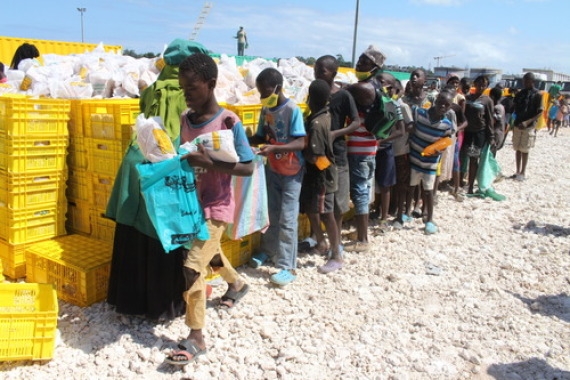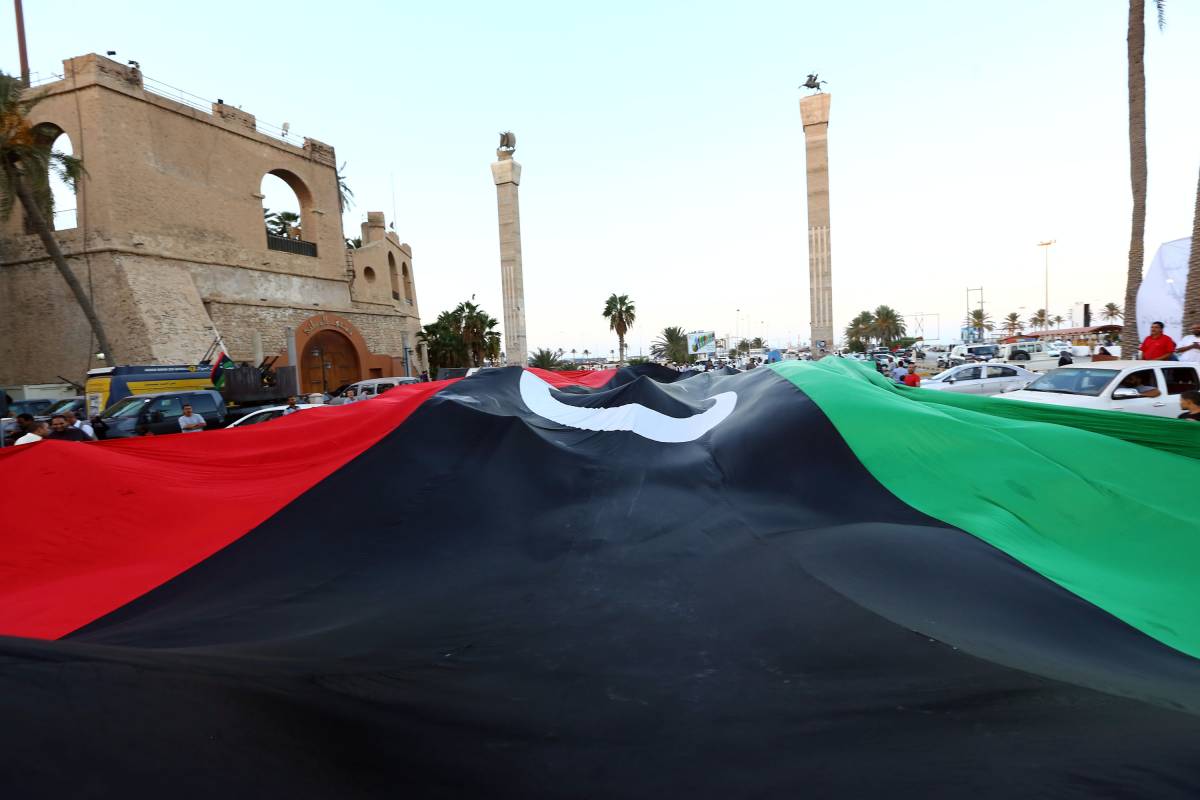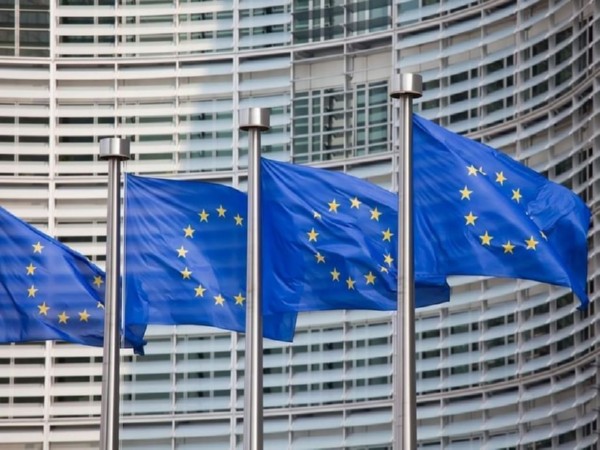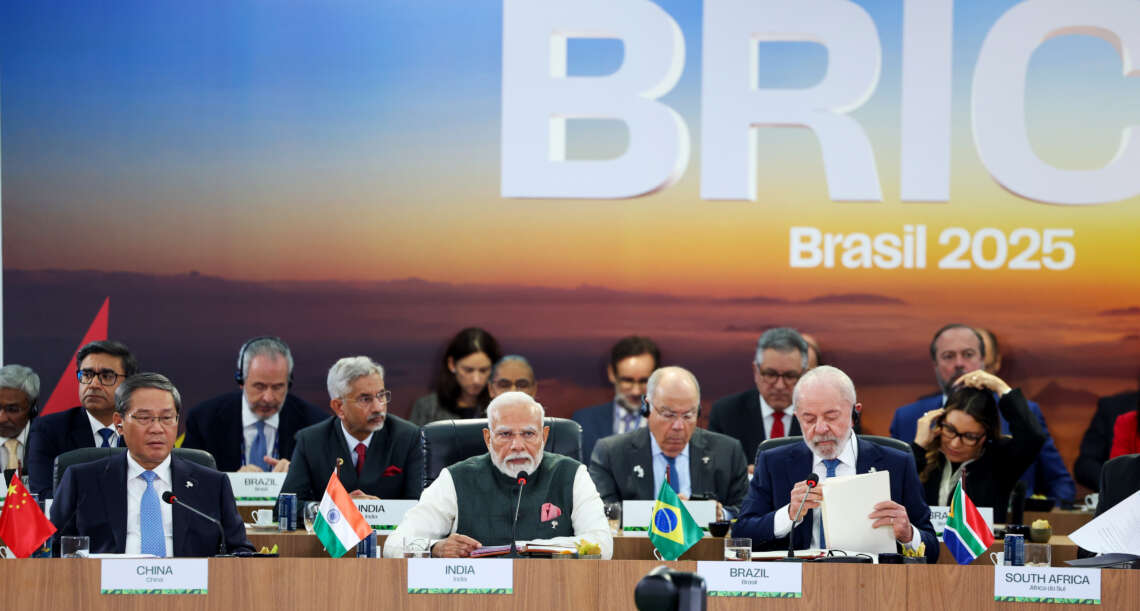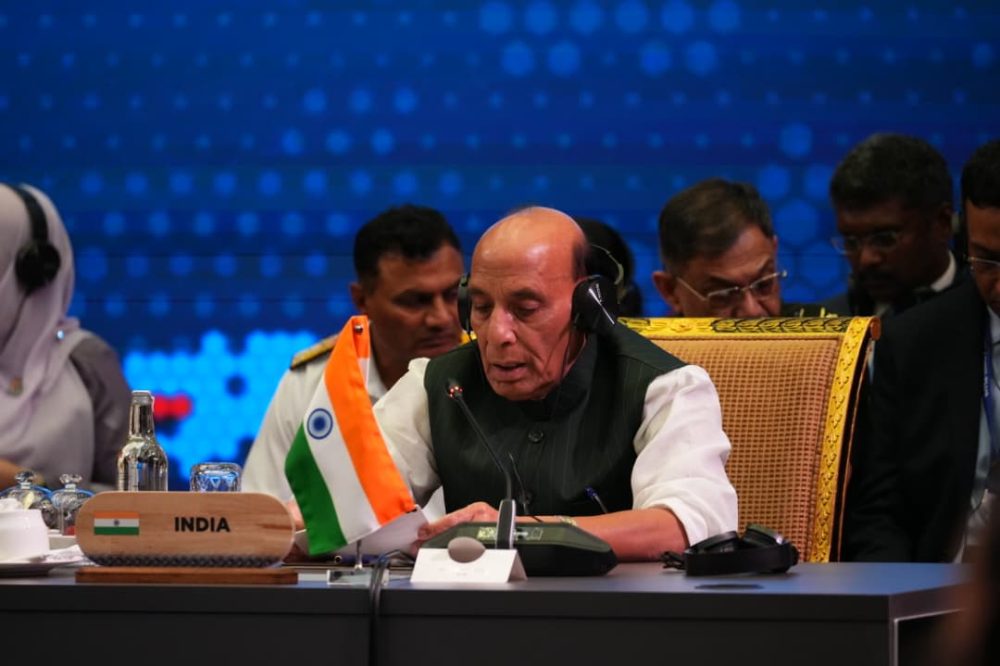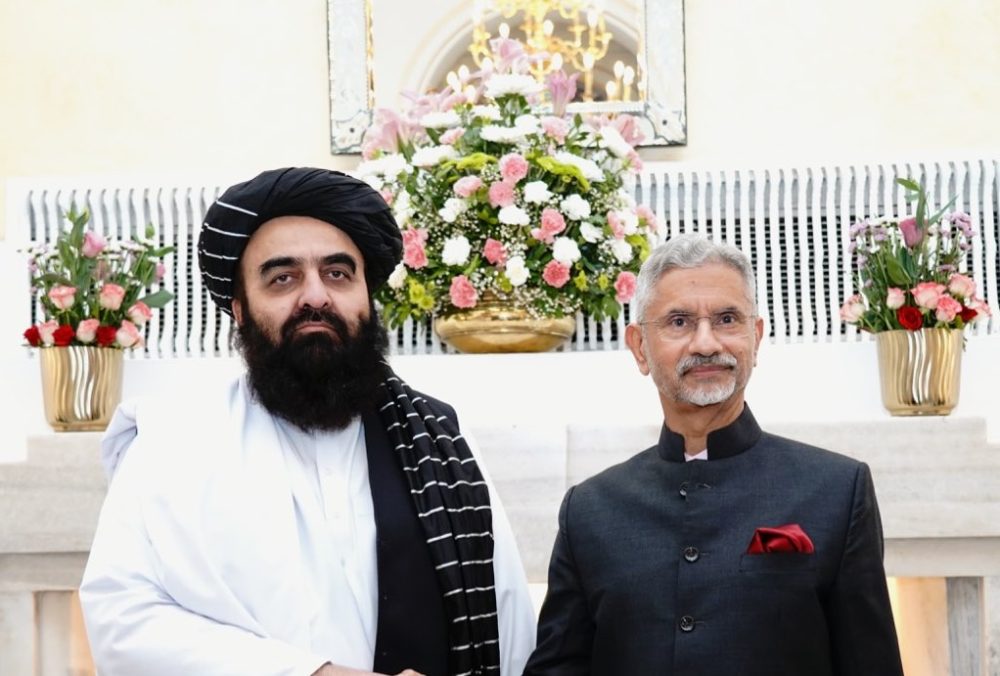In July, the government stopped processing asylum requests from migrants arriving from North Africa by sea for three months in an effort to curb arrivals from Libya to Crete Plevris said he could not rule out an extension to the suspension if there was a “new crisis“…reports Asian Lite News
Greece could extend a suspension on examining asylum applications passed by parliament last month if migrant flows from Libya start rising again, Migration Minister Thanos Plevris said on Thursday.
In July, the center-right government stopped processing asylum requests from migrants arriving from North Africa by sea for at least three months in an effort to curb arrivals from Libya to the Greek island of Crete. In an interview with public broadcaster ERT, Plevris said he could not rule out an extension to the suspension if there was a “new crisis.”
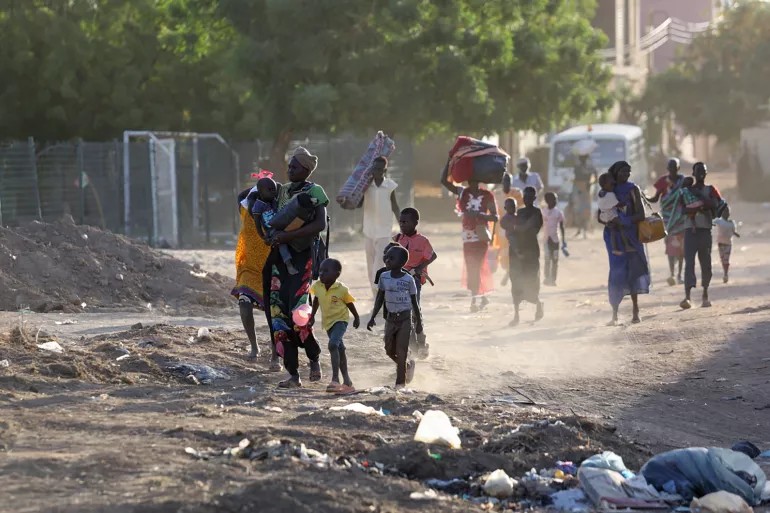
Arrivals of irregular migrants in Crete declined rapidly after the new legislation took effect from 2,642 in the first week of July to 900 in the whole period since then. New legislation is being prepared that will clearly define that “whoever comes into the country illegally will face a jail term of up to five years,” Plevris said, referring to those who are not fleeing armed conflict, who could qualify for asylum.
Human rights groups accuse Greece of turning back asylum-seekers by force on its sea and land borders. This year, the European Union border agency said it was reviewing 12 cases of potential human rights violations by Greece. The government denies wrongdoing.
“All European countries now understand that it is not possible to have open borders, it’s not possible to welcome illegal migrants with flowers,” Plevris said.
“There should be a clear message that countries have borders, (that) Europe has exceeded its capabilities and will not accept any more illegal migrants.” Greece has sent two frigates to patrol off Libya and has started training Libyan coast guard officers on Crete as part of a plan to strengthen cooperation and help the two countries stem migrant arrivals.
Greece was on the European front line of a migration crisis in 2015-16 when hundreds of thousands from the Middle East, Asia and Africa passed through its islands and mainland.
Since then, flows have dropped off dramatically. While there has been a rise in arrivals to the outlying islands of Crete and Gavdos, sea arrivals to Greece as a whole dropped by 5.5 percent to 17,000 in the first half of this year, UN data show.
On Tuesday Greek, Italian and Maltese ministers as well as the EU’s migration commissioner travelled to Libya to discuss the surge in migrant depatures.
But they had to turn back when the Government of National Stability (GNS) – a rival to the UN-recognised Government of National Unity (GNU) – blocked them from entering the country, accusing them of violating Libyan sovereignty.
Still, Mitsotakis said the Greek army was prepared to cooperate with the Libyan authorities to prevent the departure of the boats from the Libyan coast.
NGOs have repeatedly criticised attempts by European governments to forge deals with Libyan authorities to stem the flow of migrants.
The people who are intercepted by the Libyan coastguard and brought back to shore are often imprisoned in detention camps, where they are subject to inhuman treatment and dire conditions. “Attempts to stop departures at any cost show a complete disregard for the lives and dignity of migrants and refugees,” Amnesty International said.


